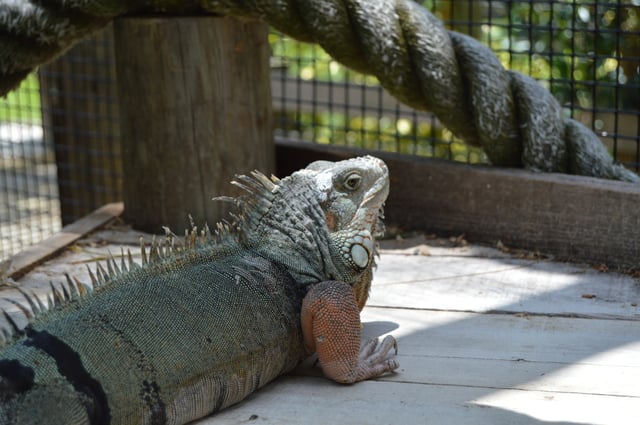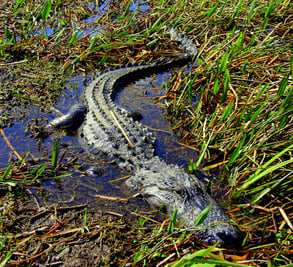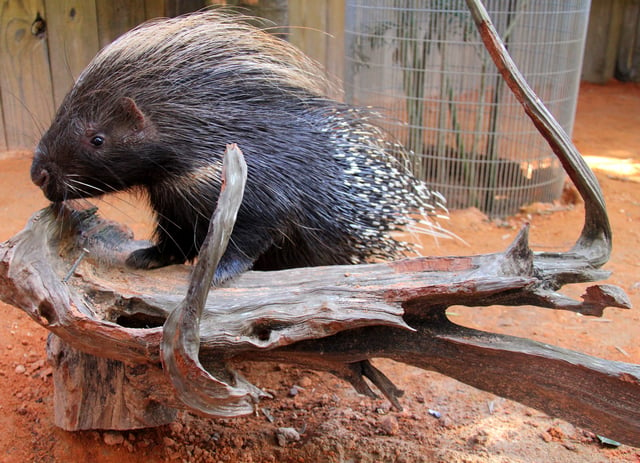It’s that time again, when we answer any questions our guests have in our #AskTheExpert blog. We get a bunch of questions year-round about our animals (and, of course, our airboats!), so we decided to start this series last year to help educate our guests.
We love sharing everything we know about our animals and the wild side of Florida with our fans, so feel free to ask us any animal-related question you have... just leave it in the comment section below or reach out to us on Facebook, Google+, or Twitter.

So, are you ready to get started?
Blake on Facebook asked, How can you determine the sex of an alligator? You may be thinking, Is there even a way to determine the sex of an alligator without getting close to them? Well, although telling the sex of an adult gator can be challenging, it can be done. If you aren’t trained to work with alligators, we don’t recommend the obvious method to determining an adult gator’s sex… Rolling it on its back and scoping things out. So, here are a few ways you can figure out if a gator is male or female that don't require any physical contact. The next time you’re on an airboat ride in Florida, look for an alligator near a nest – laying on eggs or protecting its young offspring. Since males don’t raise their young, you can assume an alligator with nurturing behaviors is a female. Females are also up to 5 feet smaller in length when they're full-grown. They typically have narrower snouts and bodies than males, too.

Laura on Google+ asked, I know that macaws are loud talkers, but can they hear themselves since they don’t have ears? Macaws are king-sized members of the parrot family with large curved beaks, but if you’ve ever met a parrot, you know they aren’t just known for their looks. These social birds don't know how to use their inside voices! Many believe the reason they talk so loud is because they can’t hear themselves speak and they have no ears. Believe it or not, hearing is well-developed in all healthy birds. If you look closely, the macaw’s ears are just behind and below their eyes, underneath their tiny contour feathers. Many think their ears are very strange-looking, though, since they're just small holes on the side of their head!
Mark on Twitter asked, Can porcupines shoot their quills? Although porcupines are known to be the “prickliest of rodents”, they actually have very soft hair. Their quills are mixed in with their hair, and unless they feel threatened, their quills typically lie flat. If the animal feels a predator is approaching them, they raise their quills to dissuade the attacker from further pursuing them. Although it’s a common myth that porcupines can shoot their quills to protect themselves, they cannot. However, the quills do detach and stick when they come in contact with an attacker. Quills have sharp tips and overlapping barbs that make them difficult to remove from another animal’s skin, too. If you’ve met our porcupines, Stella and Safari, you know they’re just small, loving balls of hair.

Samantha from Google+ asked, How often do iguanas shed? Like other reptiles, iguanas will shed their skin often, except that they shed in many small pieces instead of in one piece. Shedding is normal and is usually a sign of good health and proper care. How often an iguana sheds depends on its age and size. If an iguana is growing or a particular body part is growing, it will need to shed its skin more. Iguana owners are typically used to their pet shedding multiple times throughout the year.
So, the next time you're wondering around our Orlando Wildlife Park, make sure to tweet or tag us in any questions you have, so you can be featured on our next #AskTheExpert blog!




